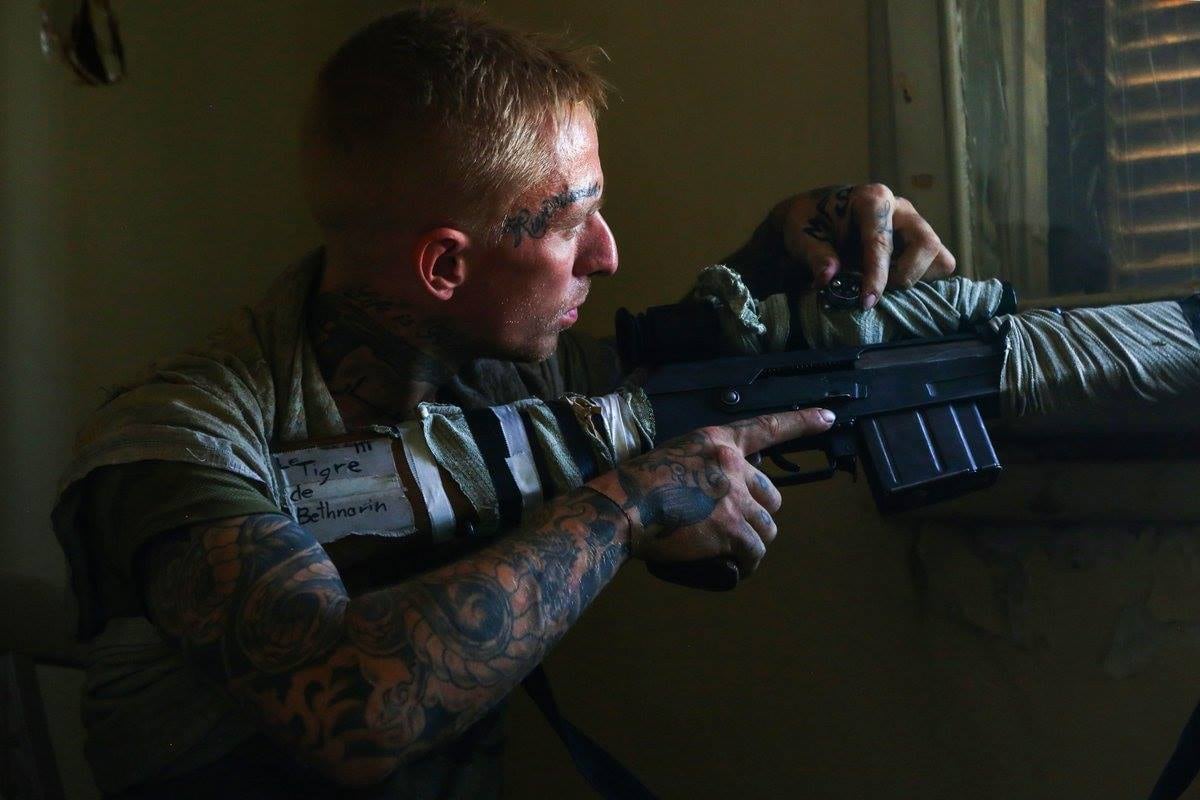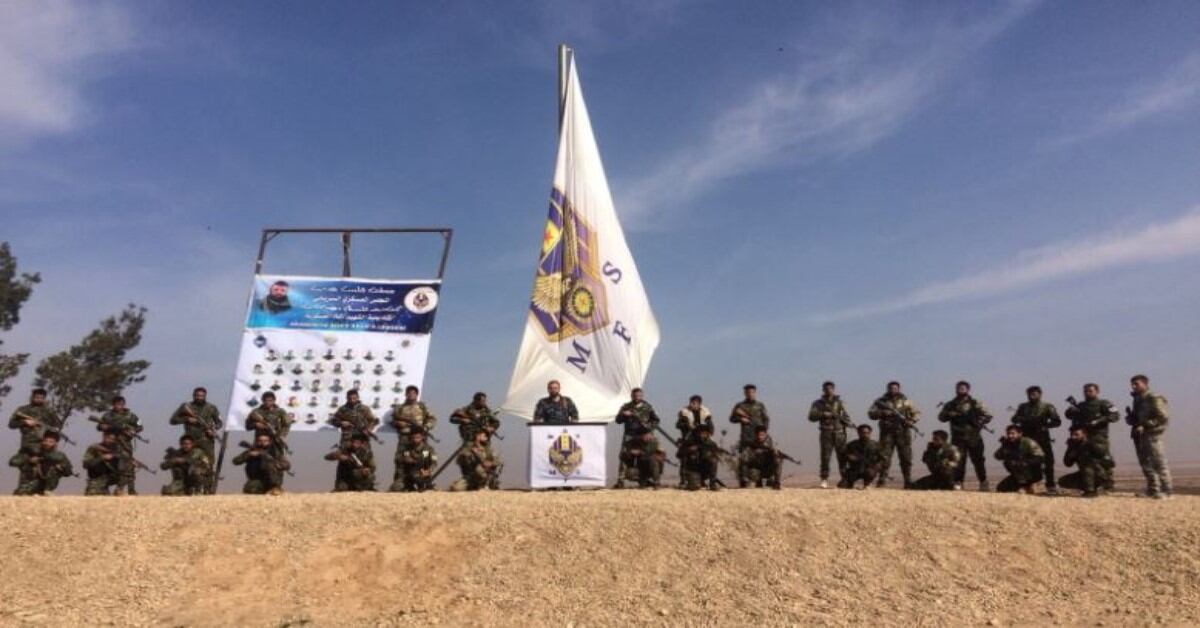The Syriac Military Council — a member of the U.S.-backed Syrian Democratic Forces — has announced it will send units to fight in Afrin, risking being cut from the global coalition fighting ISIS.
The MFS “decided to send reinforcements to [the] Afrin battle to defend Afrin people from Turkish invasion,” the group said in a statement Sunday.
“We appeal to the international community as Syriac Christian people and urge them to stop the barbaric Turkish attack and support us by all means,” the group’s statement said.
The MFS has been historically allied with the People’s Protection Units, or YPG, currently engaged against Turkish forces in northern Syria, but their recent decision could risk severing the group from their U.S. allies.
“We would review their support, try to determine their intentions, talk to them, and if they decide that this is what they got to do, we would absolutely not support them,” Eric Pahon, a Pentagon spokesman, said.
The MFS is a relatively small militia within the Syrian Democratic Forces, which fought in the liberation of Raqqa, among other battles. Many of group’s fighters are part of the Assyrian Christian minority. As such, they tended to attract volunteer fighters from western countries.
“Any forces that decide to move to Afrin will not receive continued Coalition support,” a spokesperson for Operation Inherent Resolve said in a statement to Military Times.
“The Coalition has been clear: military operations in Afrin are a distraction to the defeat-Daesh fight,” the statement read. “We are not providing training, equipment or support to operations in Afrin and continue to be focused on defeating Daesh, particularly in the Middle Euphrates River Valley.”
Additionally, Inherent Resolve pushed back against YPG claims that U.S. troops had deployed to the Syrian town of Tal Abyad, located near the Turkish border, because of Turkish provocations.
“Coalition forces are not engaged in combat operations in the vicinity of Afrin, nor are we engaged in operations in western Syria,” they said.
Pahon added that the U.S. military doesn’t typically disclose troop locations downrange, and only did so in the case of Manbij recently because of the widespread social media posts and reporting that highlighted U.S. patrols in the region.
RELATED

The U.S. government’s pleas for actors in the region to stay focused on eliminating ISIS isn’t only focused on coalition units, but extends to Turkey, Russia and the Assad regime as well, Pahon said.
"They [ISIS] do have the ability to reconstitute themselves," he said. "Right now, we're in this stabilization phase. So the cities and towns we've kicked them out of, we have to make sure they stay out of them."
The Assad regime has been particularly unhelpful, Pahon added. He referenced a September agreement between Lebanese Hezbollah and the Syrian regime that allowed an ISIS convoy to transit territory under regime control to the Iraqi border.
“The Syrian regime and the Russians knowingly allowed this convoy to pass through their territory and shuffled them off into coalition-held territory,” he said. “We have not seen serious commitment in any way, shape or form from the Assad regime or the Russians to dedicate themselves to defeat ISIS.”
Kyle Rempfer was an editor and reporter who has covered combat operations, criminal cases, foreign military assistance and training accidents. Before entering journalism, Kyle served in U.S. Air Force Special Tactics and deployed in 2014 to Paktika Province, Afghanistan, and Baghdad, Iraq.





